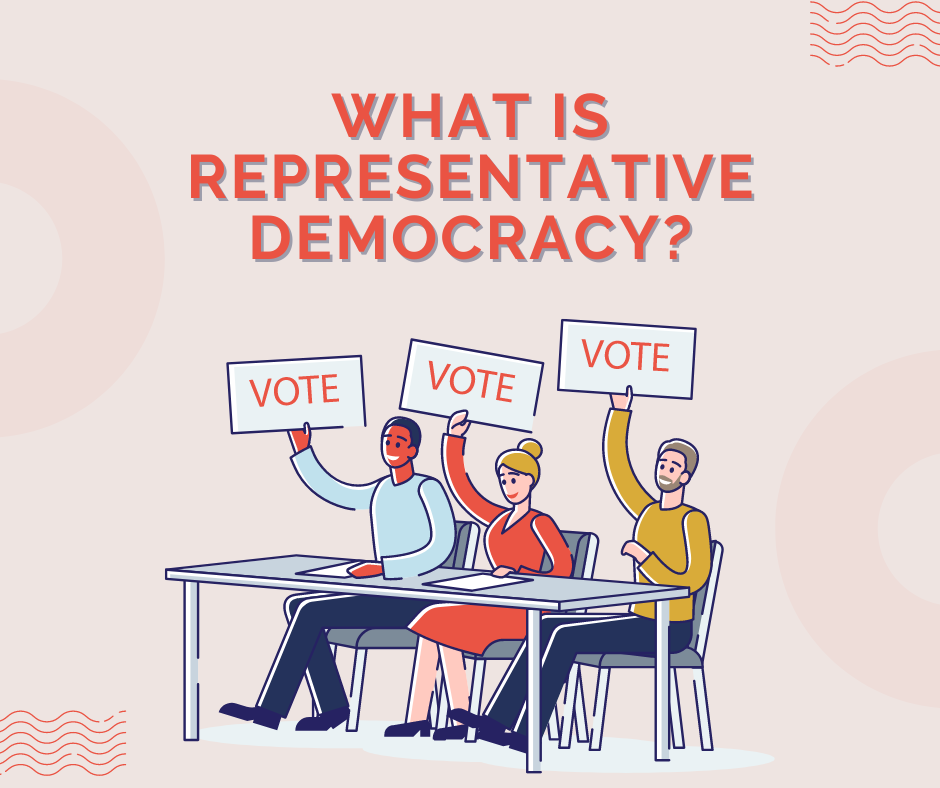
All modern democracies are representative. This means that the citizens, the demos, do not govern directly, but elect their representatives to whom they transfer the right to manage the most important affairs of the community in which they live. This change occurred as a result of the fact that modern states have a population of several million and that direct management by citizens would be impossible in practice. To that should be added the large territorial extent of modern states. The principle of representation answered these two problems. This actually means that all modern democracies are representative democracies because the people in them rule indirectly through the election of those who will represent them. Elected representatives decide on the most important issues, and their decisions are binding for the entire community. In doing so, the elected representatives should represent the citizens who elected them, taking into account their interests. The fact of existence of periodic elections and the possibility of a change of government should encourage the representatives to take into account the interests of the demos, and not their particular, selfish interests. The management of the people in representative democracies does not consist, therefore, of direct management, but of the control of elected representatives.
Source:
Šalaj, B., Hoffmann, D. & Horvat. M. 2018. Edukacija za građansku pismenost Gonga: Politička pismenost, Zagreb, Croatia. Retrieved from: https://gong.hr/wp-content/uploads/2021/05/PolitickaPismenostprirucnik_revizija.pdf